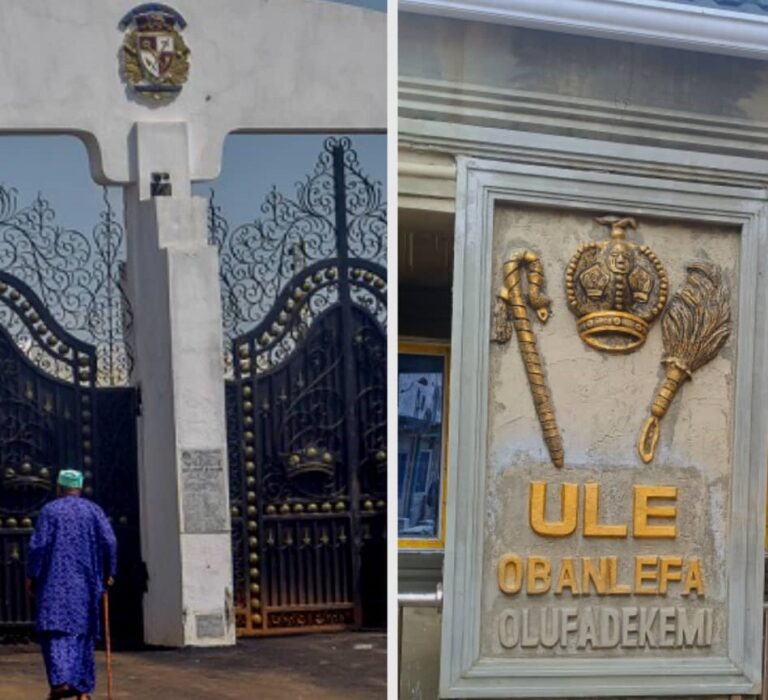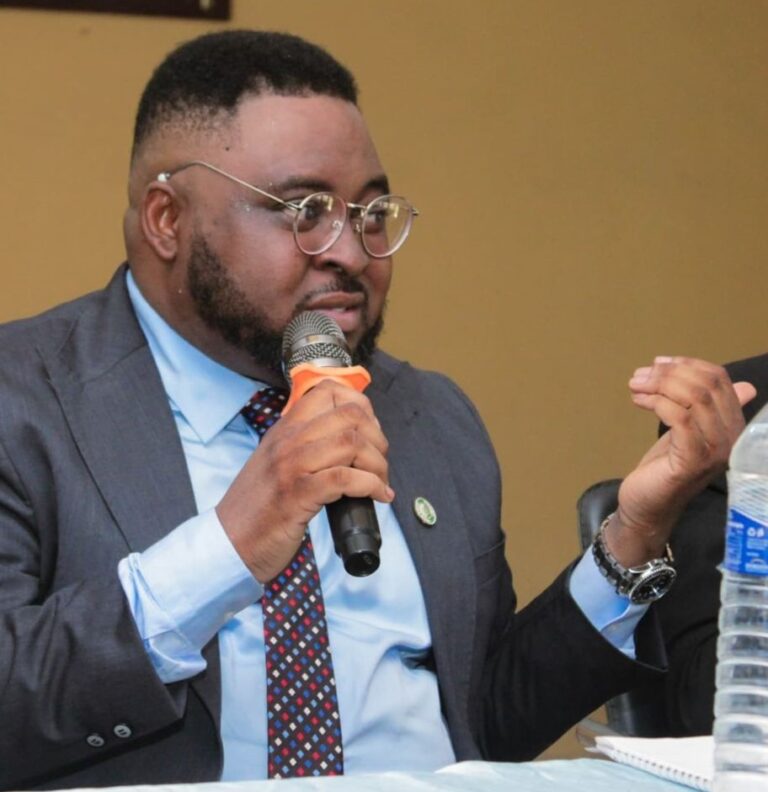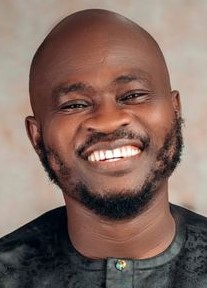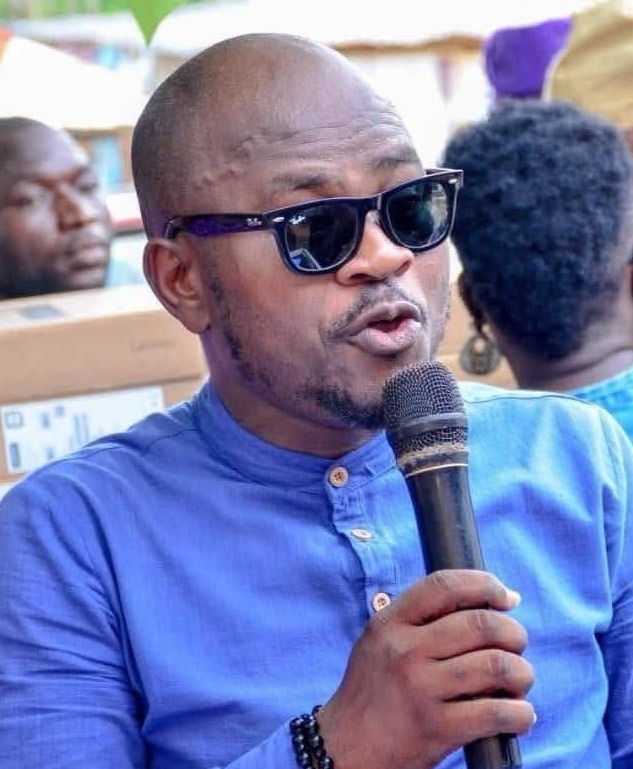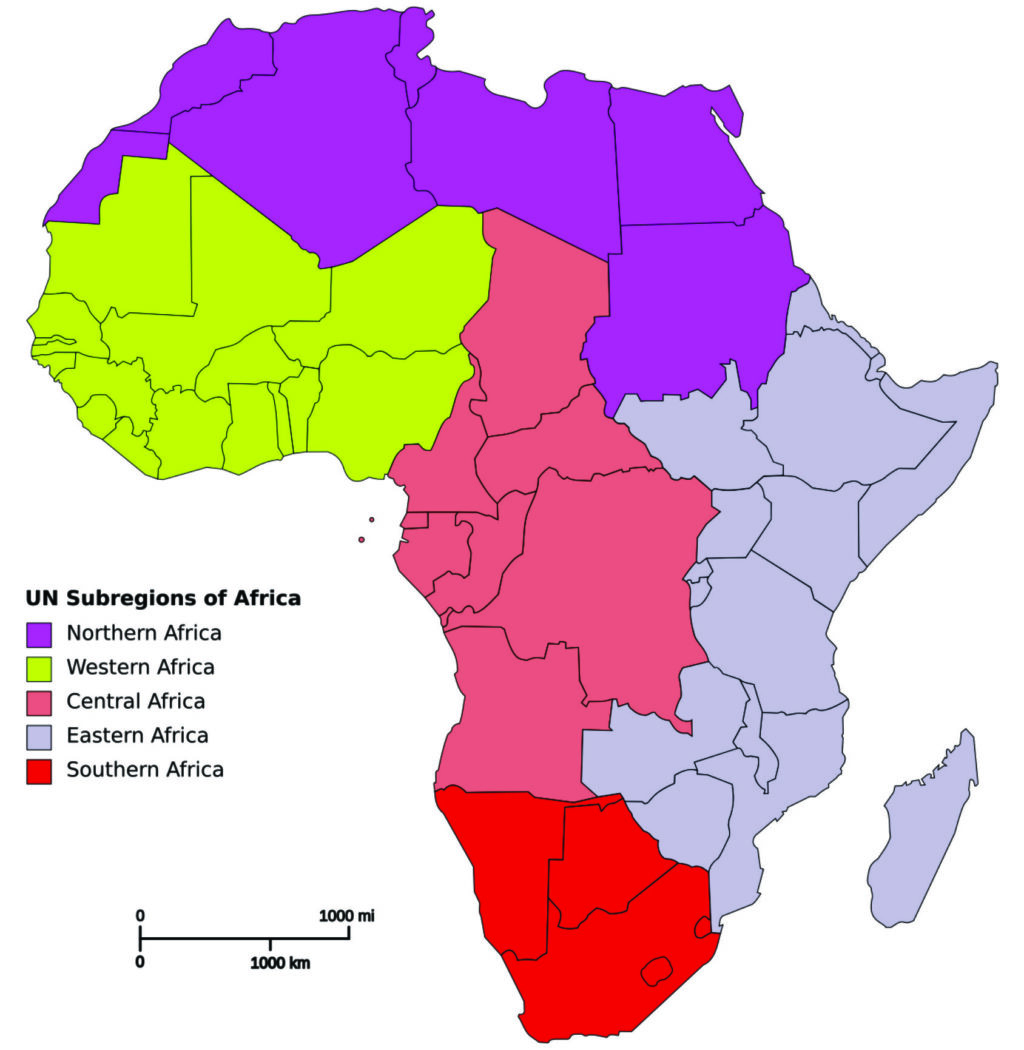
In the early to mid-20th century, as African nations were under the control of colonial powers, a new generation of determined leaders emerged. These figures, who endured great adversity, are remembered as the true champions of freedom. Their leadership and resilience inspired not only their fellow Africans but also others around the globe in their pursuit of self-determination. Below are ten iconic African leaders who fought for their nations’ independence and reshaped the course of history:
- Kwame Nkrumah (Ghana)
Born in 1909 in the small village of Nkroful, Ghana, Kwame Nkrumah became one of the most prominent Pan-African leaders of the 20th century. Nkrumah’s education at Lincoln University and the University of Pennsylvania in the United States led him to join the Pan-African Movement, where he strongly advocated for Africa’s liberation from colonial rule. His leadership saw Ghana become the first sub-Saharan African country to gain independence in 1957. As Ghana’s first Prime Minister and later President, Nkrumah’s vision for an economically united Africa and his fight for independence paved the way for other African nations. He was ousted in a 1966 coup while in exile and died in 1972. - Julius Nyerere (Tanzania)
Nyerere, born in 1922 in Tanganyika, was deeply influenced by his studies in Scotland, where he gained a Masters in History and Economics. Nyerere championed African socialism, and in 1961, after becoming the first Prime Minister of Tanganyika, he led the country to independence. He later became the first President of Tanzania after the union of Tanganyika and Zanzibar in 1964. Known as “Mwalimu” or “Teacher,” Nyerere was deeply committed to education and self-reliance. Despite facing difficulties with his policies, he voluntarily stepped down in 1985, becoming the first African leader to do so. He passed away in 1999. - Jomo Kenyatta (Kenya)
Born in 1897 in British Kenya, Jomo Kenyatta was a leading figure in the struggle for independence. A teacher by profession, Kenyatta used his position to spread nationalist ideas through his newspaper Mwigithania in the 1920s. He later spent several years in Britain organizing African resistance and advocating for the rights of Kenyans. After a decade-long imprisonment by the British, Kenyatta emerged as the leader of the independence movement and became Kenya’s first Prime Minister in 1963. In the same year, Kenya gained independence and Kenyatta became the first President of the nation, a role he held until his death in 1978. - Samora Machel (Mozambique)
Born in 1933, Samora Machel became the first President of independent Mozambique, a position he held from 1975 until his death in 1986. Machel’s revolutionary zeal grew from his early life under Portuguese colonial rule. After studying nursing, he joined the Mozambique Liberation Front (FRELIMO) and fought for Mozambique’s independence. His efforts culminated in independence in 1975, following years of armed resistance. Machel died tragically in a plane crash in 1986 while en route to a summit in Zambia. - Sékou Touré (Guinea)
Sékou Touré, born in 1922 in Guinea, became one of the fiercest leaders of the African independence movement. A former French colonial employee, Touré led a successful campaign for Guinea’s independence in 1958. When French President Charles de Gaulle offered the African territories the choice between autonomy within the French community or full independence, Guinea chose independence under Touré’s leadership. He became the first President of the Republic of Guinea and governed until his death in 1984. - Robert Mugabe (Zimbabwe)
Born in 1924 in Southern Rhodesia (now Zimbabwe), Robert Mugabe was a schoolteacher turned revolutionary. He spent a decade in prison for his political activities before emerging as the leader of Zimbabwe’s nationalist movement. Mugabe’s political career culminated in 1980, when he became Prime Minister of Zimbabwe after the country’s independence from British rule. His leadership was marked by significant achievements and controversies, and he ruled Zimbabwe until 2017. Mugabe passed away in 2019. - Modibo Keita (Mali)
Modibo Keita, born in 1915 in Bamako, Mali, was a teacher and nationalist who played a pivotal role in Mali’s independence. He co-founded the Sudanese Union in 1945, which later became the key political force in Mali’s drive for freedom. Keita became the first President of the Republic of Mali after the country gained independence from France in 1960. His tenure was characterized by his efforts to forge unity between Mali and Senegal, although the two nations eventually parted ways. Keita’s presidency ended with a coup in 1968, and he died in 1977. - Seretse Khama (Botswana)
Seretse Khama, born in 1921 in Bechuanaland (now Botswana), was a royal leader who defied colonial resistance to secure his nation’s independence. His marriage to Ruth Williams, an Englishwoman, led to a controversial exile, but he later returned to lead Botswana’s independence movement. After independence in 1966, Khama became Botswana’s first president. He used democratic principles to strengthen the country’s economy and educational systems. He ruled until his death in 1980. - Kamuzu Banda (Malawi)
Kamuzu Banda, born in 1898 in what was then Nyasaland (now Malawi), became the first president of the newly independent nation in 1964. Trained as a doctor in the United States, Banda returned to Malawi in the 1940s to become involved in politics. He led the independence movement and served as Prime Minister from 1961, then as President from 1964 until his death in 1997. His leadership was marked by his autocratic style, but he is still celebrated as the founding father of Malawi. - Kenneth Kaunda (Zambia)
Born in 1924 in Northern Rhodesia (now Zambia), Kenneth Kaunda became the first President of an independent Zambia in 1964. He played a significant role in the liberation struggle and became a strong advocate for African unity. Kaunda’s leadership was instrumental in Zambia’s transition to independence after years of British colonial rule. He served as president for 27 years, until 1991. Kaunda passed away in 2021, leaving behind a legacy of resilience and commitment to the African cause.
These leaders embody the spirit of resistance, unity, and self-determination that marked Africa’s struggle for independence. Their courage and sacrifices continue to inspire generations in the ongoing quest for true sovereignty and unity across the continent.

